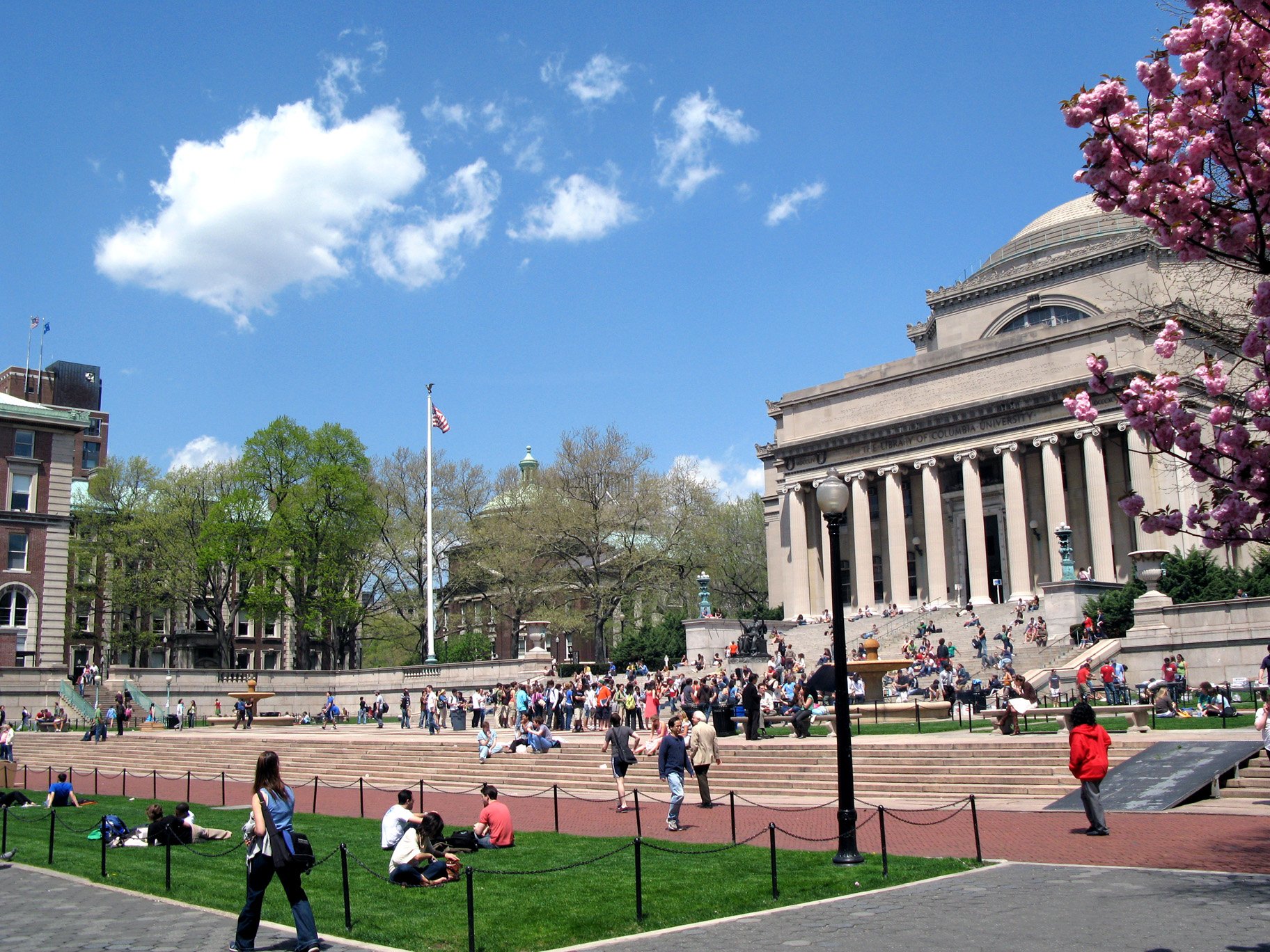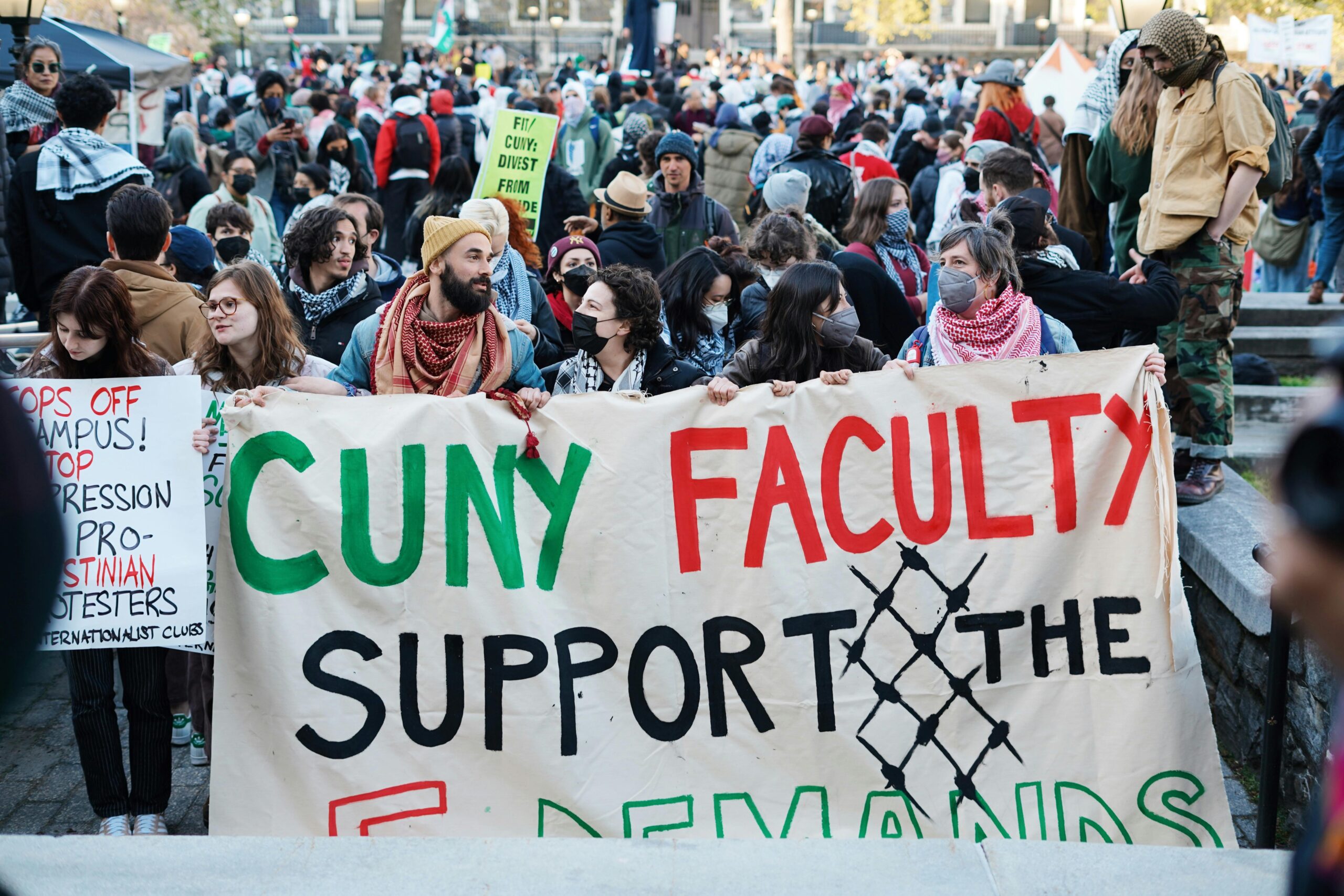
Parashat Re’eh challenges us to shoulder the great burden of human free will: “Behold, I set before you this day a blessing and a curse; a blessing, if you obey the commandments of the Lord… and a curse, if you do not obey the commandments of the Lord.” We sometimes take the concept of human free will for granted, but for the ancients, it was anything but obvious. A fearsome and intimidating world appeared to toy with our fate, and our destiny seemed to lie beyond our control. Humans were gifted with free will, but the harsh world they inhabited mocked that freedom.
Currently, as the Jews assemble to enter the Land of Israel and attend to their historical mission, the great gift of free will is explicitly enunciated.
It has been a long journey to this decisive moment. Imprisoned and enslaved in Egypt, the Jews had little free choice. Even after their liberation from their Egyptian masters, the Jews of the desert had limited free will. For 40 years they benefited from overwhelming Divine provision and providence.
Often, experiences are so staggering and overpowering that our free will disappears. We are sometimes left without choice, voluntarily abdicating choice in the face of forceful experiences. We feel so “taken” by an experience that we feel morally compelled toward a particular decision.
It is hard to imagine the desert Jews enjoying absolute free will. They saw too many grand miracles and witnessed too many divine decrees. If the Jews in Egypt were imprisoned as slaves, the Jews of the desert were captivated by miracles and held captive by the Divine will.
All this is about to change: The Jews are now transitioning from a world of supernatural miracles into a more pedestrian and ordinary condition. The celestial clouds that protected them had dissipated, while the desert well that provided water had run dry. Shortly, the daily manna fall would cease, and they will be forced to fend entirely for themselves.
Currently, they face the full effect of human free will—in all of its glory, but with all of its consequences. Man is born free and must bear the brunt of his freedom. With free will comes responsibility and culpability. To be human is to be gifted with free will and with endless potential for glory. Squandering that immense potential is a colossal tragedy. Free will can be emboldening but it can also be frightening. Free will demands strength of character.
Free will also serves as the foundation for human change. Our lives and our world are not static, but are constantly affected by our decisions, large and small. Annually, we read Parshat Re’eh and its bold announcement of free will just as the season of Elul and of personal transformation commences.
To highlight the relationship between free will and personal change, Maimonides, who championed unlimited free will, embedded the discussion of free will within the section describing the experience of teshuva (repentance). Teshuva is the boldest implementation of human free will and would be inconceivable without unqualified belief in absolute free will. This is the season of human free will.
It would be fair to expect that in the modern world we more deeply appreciate and more fully employ the gift of free will. We occupy a world of political, economic and religious freedom. Repressive social hierarchies have been removed, abolishing the restraints upon human imagination and unleashing human potential. Ironically, it sometimes feels as though we exercise less free will than our ancestors did. What cultural forces interfere with human free will?
A Large and Depersonalized World
The modern world has become large and looming. Everything in our world feels towering. Mammoth corporations, massive governments and outsized institutions have all created an oversized world that feels fixed and immutable. Living in a “canyon of towers,” we feel small and overmatched, and our sense of free will decreases.
Of greater irony is the effect of the internet. Conceivably, the internet should make the world smaller and more connected. Yet, somehow, as the distance between us contracts, the space we inhabit expands, and we shrink. Greater information flow expands our vistas but narrows the horizons of free will. As continents shrink together, we no longer live in space cut to human size.
Finally, the dominion of statistics strips us of free will. Statistics promise to predict human trends while convincing us that we exist on the curve of a graph rather than in free space. If we are just part of a larger trend, how free are we to render our own decisions? Are we individuals or depersonalized numbers of cold statistical analysis? The corona epidemic and our reliance upon statistical models has exacerbated this condition. Human beings exercise free will; numbers have no fate or choice. They merely serve larger numbers and broader calculus.
Freedom vs. Free Will
Never before have we enjoyed greater political and economic freedom. The repressive systems and stifling social orders that hindered the freedom of past generations have been removed. Yet, as our freedom has expanded, free will has diminished. Freedom is a state, but free will is a Divine gift, endowed uniquely to man among all creatures. Fashioning us in His image, God granted us consciousness, creativity and endless possibility. Free will is a sacred right of humanity and signals the grandeur of man.
In the modern world the grandeur of man has become effaced. We have witnessed evolution replacing creation, democracy displacing God or at least pushing Him to the margins, and capitalism supplanting altruism.
Darwin reduced man from a Divine masterpiece into an amalgam of genes, positioned randomly on an evolutionary timeline of billions of years, commencing well before Homo sapiens arrived. In place of a Divine grand mission, man is locked in an evolutionary survival of the fittest with the animals of the jungle.
As the splendor of man fades, and as his distinctive calling is blurred, the power of free will dwindles. We have greater freedom but less gravitas. Man has become more independent but less sovereign. We possess more freedom of choice but less free will. In our rush to become voters and consumers, we have forgotten how to be authors and artists.
Isn’t History Predetermined?
For Jews, the concept of free will is even more complex, given our belief in redemptive history. There is a pivotal difference between the Jewish view of history and the Western view of history. Western civilization views history as evolutionary and open-ended. The future is completely unknown and is solely a product of human decision. Judaism views history very differently: It is predetermined and cyclical. History is constantly surging toward a terminus that resembles the origin: a perfect world in which the Divine presence is uncontested by man.
If history is cyclical and predetermined, how free are we to impose our will or author our future? It is crucial to delicately calibrate between free will and historical redemption: While history constantly surges toward a predetermined conclusion, individuals still possess complete control over their actions and decisions. God steers the world toward its end point, but the pace and texture of that journey is very much a product of human behavior.
Our return to the modern state and the redemptive era has reminded us of what we believed for centuries: Despite the improbability of Jewish redemption, it is inexorable. Historical inevitability doesn’t mitigate free will, nor does it relieve us of the responsibilities of free will. Our lives are part of a larger arc, but we mustn’t allow historical predetermination to exempt us from personal free will.
By gifting free will, God endowed humans with power and glory. By delivering His will to His chosen people, He tasked Jews with a great mission and responsibility. Free will grants potential but carries consequences. In a world that feels deterministic, we must choose free will.
The writer is a rabbi at Yeshivat Har Etzion/Gush, a hesder yeshiva. He has semicha and a BA in computer science from Yeshiva University as well as a master’s degree in English literature from the City University of New York.













